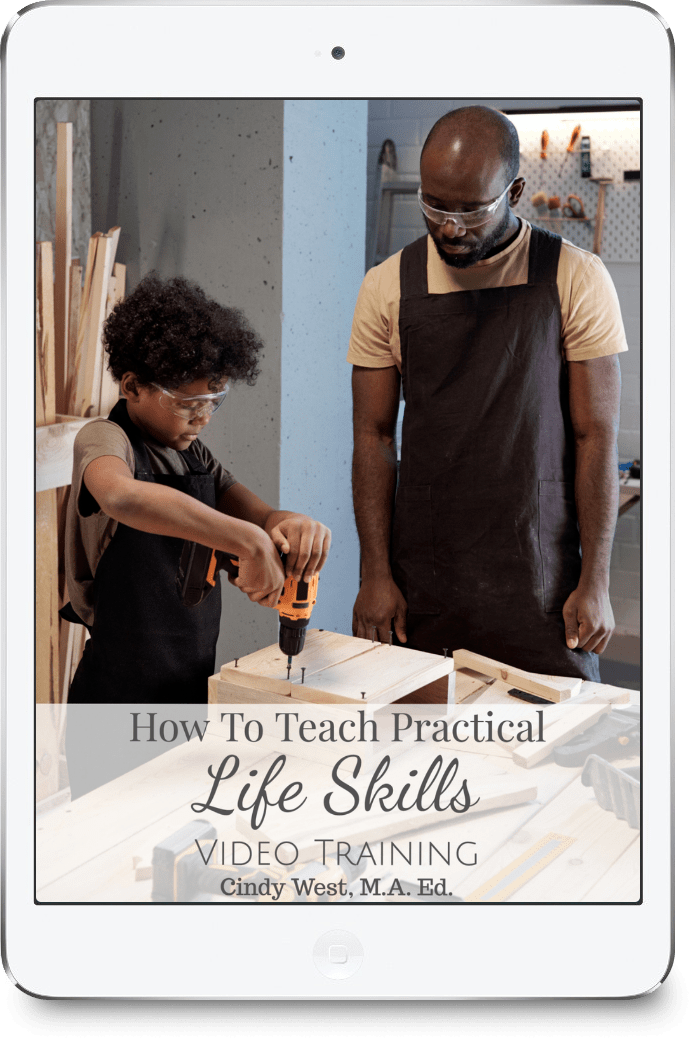Learning Mastery Essential Tips for Academic Success
Introduction: The Quest for Academic Mastery
Embarking on the journey of learning is akin to setting sail on uncharted waters. To navigate this academic sea with finesse and mastery, one must equip oneself with the right tools and strategies. In this article, we delve into essential tips that will guide you towards academic success and learning mastery.
Set Clear Goals: The North Star of Learning
Before diving into the sea of knowledge, it’s crucial to establish clear goals. Ask yourself: What do I want to achieve? Whether it’s acing a test, mastering a new skill, or understanding complex theories, having a clear direction helps steer your learning journey.
Create a Study Plan: Charting Your Course
A study plan is your map to success. Break down your goals into manageable tasks and allocate specific times for studying each day. Whether it’s dedicating an hour to reading, practicing, or reviewing notes, consistency is key.
Find Your Ideal Learning Environment: The Sanctuary of Study
Every sailor needs a sturdy ship, and every learner needs a conducive environment. Discover where you learn best—whether it’s the quiet of a library, the comfort of your room, or the buzz of a coffee shop. Eliminate distractions and create a space that nurtures focus and productivity.
Embrace Active Learning: Engaging Your Mind
Passive learning, like simply reading or listening, can only take you so far. Engage your mind through active learning techniques. Try summarizing concepts in your own words, teaching them to a friend, or creating flashcards for quick recall.
Utilize Effective Study Techniques: Tools of the Trade
Not all study techniques are created equal. Experiment with various methods to find what works best for you. Whether it’s the Pomodoro Technique for time management, the Feynman Technique for understanding complex topics, or the Cornell Notes system for effective note-taking, discover your arsenal of tools.
Seek Understanding, Not Just Memorization: The Depth of Knowledge
Learning isn’t just about memorizing facts—it’s about understanding concepts at a deeper level. Ask questions, connect ideas, and explore the “why” behind the “what.” When you truly understand a topic, you’ll find it easier to remember and apply.
Stay Organized: Taming the Sea of Information
With the vast ocean of information available, staying organized is essential. Use planners, digital apps, or good old-fashioned notebooks to keep track of deadlines, assignments, and study schedules. A well-organized sailor navigates the waves with confidence.
Practice Consistently: The Rhythm of Mastery
Mastery is not achieved overnight—it’s a result of consistent practice. Just as a musician rehearses daily or an athlete trains regularly, make learning a habit. Set aside dedicated time each day for practice and review.
Stay Motivated: Fueling Your Passion
In the midst of challenging topics and demanding schedules, motivation can waver. Find what fuels your passion for learning—whether it’s setting rewards for achieving milestones, joining study groups for camaraderie, or visualizing your long-term goals.
Seek Help When Needed: The Strength of Community
Even the most skilled sailor asks for help when navigating rough waters. Don’t hesitate to










